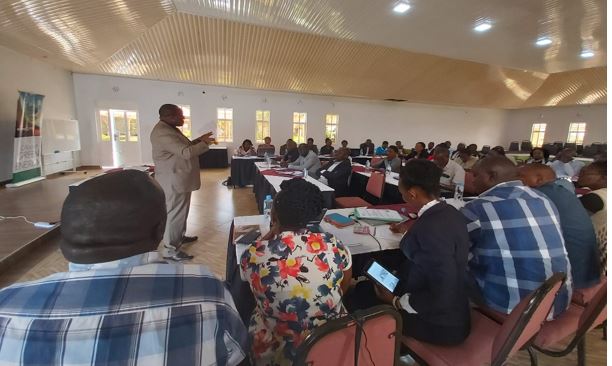×
The Standard e-Paper
Smart Minds Choose Us

Kajiado County has been challenged to implement renewable energy projects to mitigate the effects of climate change.
At a workshop organised on October 4, the Kenya Climate Change Working Group (KCCWG) noted that the county had a lot of solar potentials, to be tapped, as an alternative source of power.